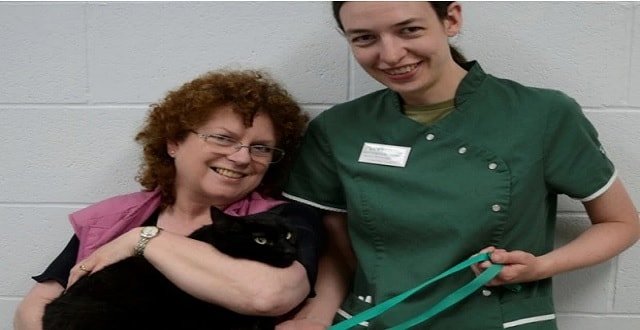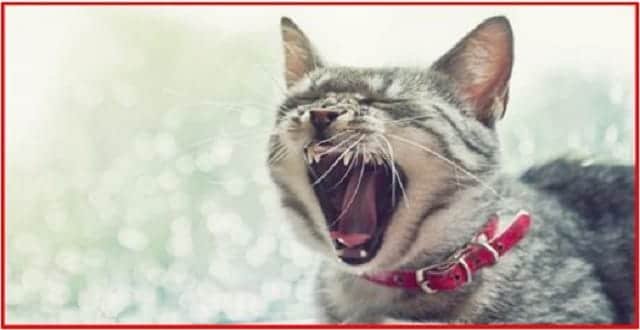Have you ever caught yourself wondering if it’s alright to give your cat a bowl of milk? Perhaps, like many, you’ve been swayed by viral videos showing cats lapping up milk with delight. However, it’s crucial to bust this common myth for the sake of your feline’s health. In this article, we delve into why milk is not recommended for cats and what alternatives you should consider.
Why Milk is a No-Go for Cats
Contrary to popular belief, milk isn’t a suitable treat for cats. While kittens do rely on their mother’s milk for nutrition, adult cats should avoid cow’s milk. Veterinarians caution that milk can be harmful to cats, mainly because they are lactose intolerant. Insufficient lactase levels in adult cats mean they can’t digest milk properly, making it more than just unnecessary—it’s potentially harmful.
Lactase is an enzyme responsible for breaking down milk sugar. Kittens produce it in smaller quantities as they grow, and by the time they are six months old, most have adult levels of lactase, according to Hasting Veterinary. Therefore, substituting water with milk in your cat’s diet isn’t just pointless; it could lead to digestive issues.
When is Milk Acceptable for Cats?
There are exceptional cases where a kitten may need to be hand-reared. In such instances, substitute kitten milk is recommended. Remember, not all milk is created equal. For instance, goat milk may be labeled as a “universal milk,” but it’s not a safer alternative to cow’s milk for your feline. If you find yourself tempted to offer dairy treats to your cat, opt for specially formulated cat’s milk instead. Simply put, it’s better to resist the urge entirely.
Just to put things into perspective, offering a saucer of milk to your cat is like you consuming an entire 12-inch pizza on top of your regular meals. Yes, it’s that overwhelming for your pet.
Consult Your Vet for Safe Alternatives
When it comes to your cat’s diet, always turn to professionals for advice, not the aisles of your local supermarket. If you’re interested in making homemade treats that are both safe and delicious for your cat, consulting your veterinarian is the best course of action.
In conclusion, while the imagery of cats and milk may be deeply ingrained in popular culture, it’s high time we debunk this myth. Offering cow’s milk to your cat is neither a treat nor nutritious; it’s a health risk. So, the next time you’re contemplating what treat to give your furry friend, consider healthier, vet-approved alternatives.
For more insights into what’s best for your cat, you may want to watch the video below or read other informative articles on feline nutrition.











